Offer
Provide additional details about the offer you're running.
Provide additional details about the offer you're running.
Provide additional details about the offer you're running.
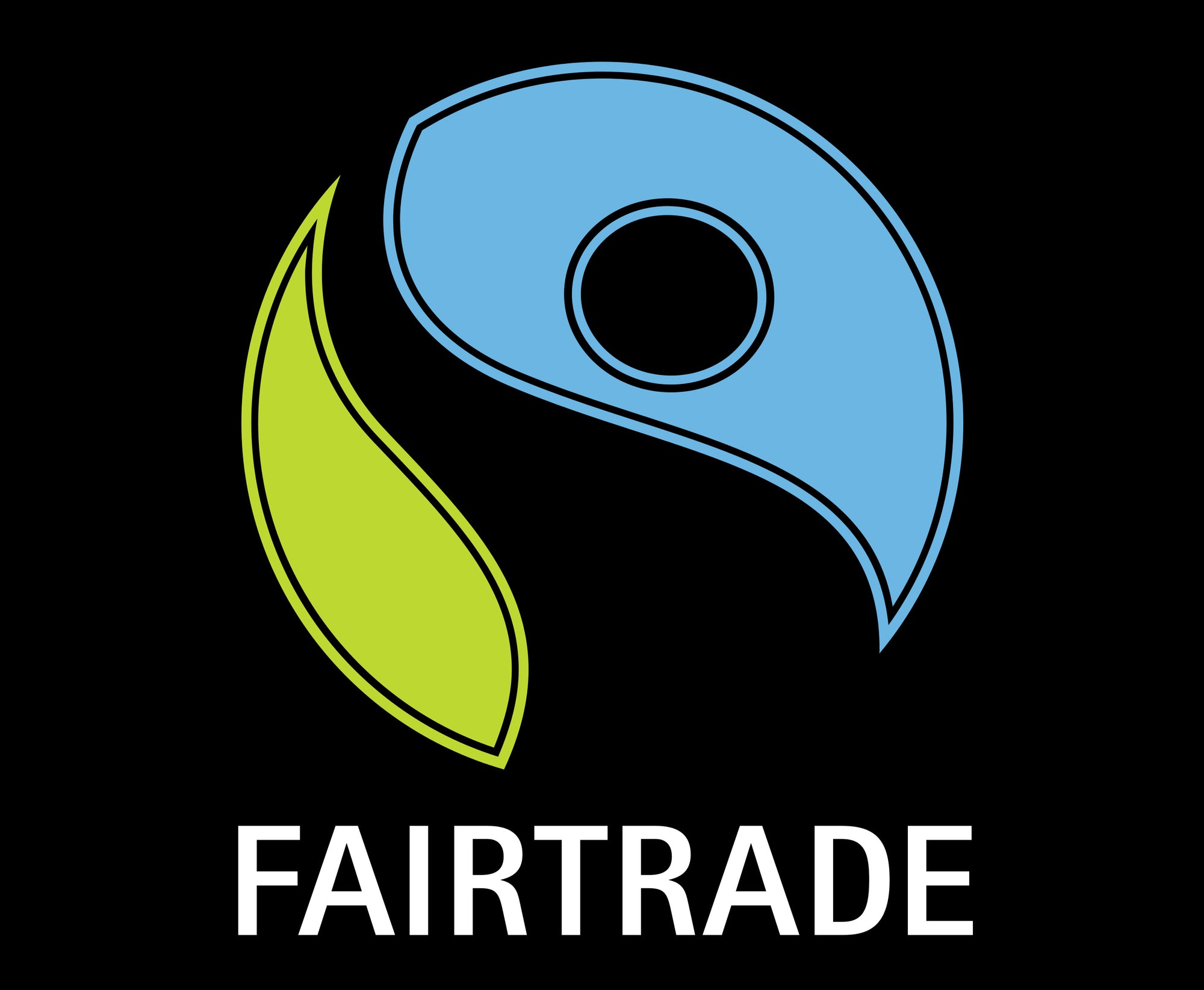
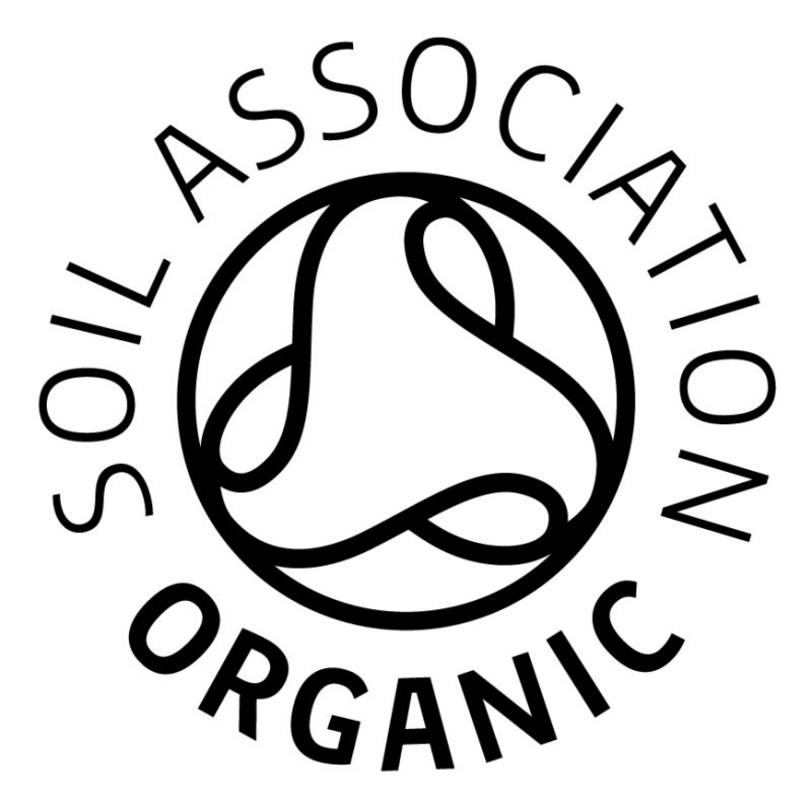
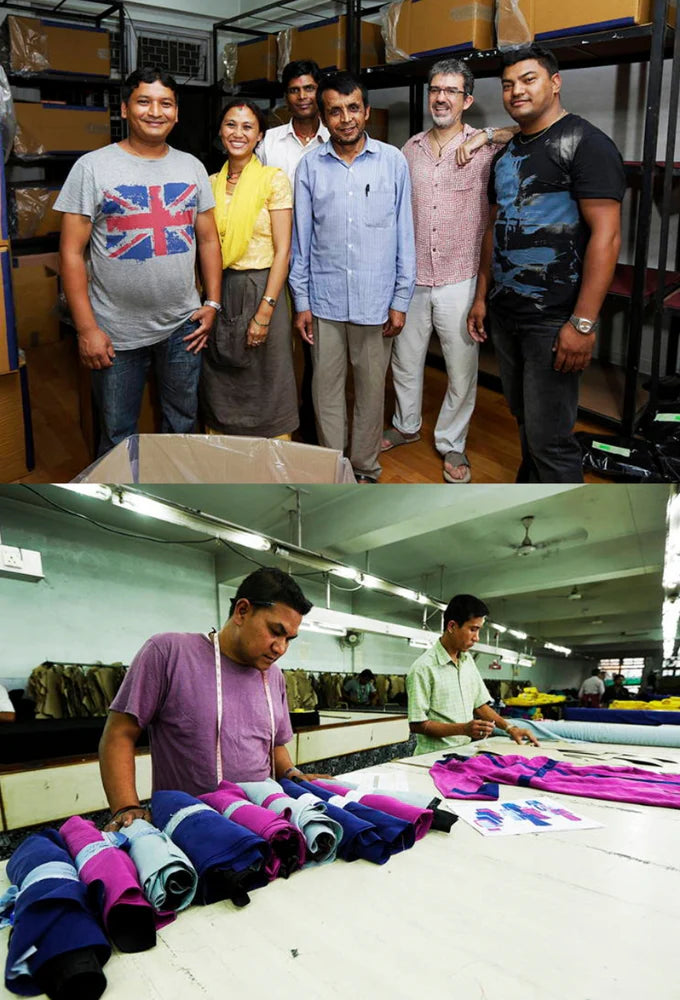
Since the beginning, Komodo's ethics have been a priority. They are proud of the suppliers they work with & they are all medium sized, family run businesses who have grown with Komodo over the years. They produce garments in factories in Kathmandu, Bali and India.
After an earthquake in Nepal they called on help from their fabric suppliers in China which helped relieve the pressure in Nepal and allowed them to ship more goods by sea cargo (and reduce their carbon footprint). People involved at every step of the process are treated with respect, receive a fair wage and are not expected to work in uncomfortable or hazardous conditions. Komodo visit their factories regularly and always discuss logistical improvements with them, as well as see at first hand how the facilities are run.
In accordance with the International Labour Conventions (ILO), no child labour is used in the production of their garments. Factories are required to keep an employee register and age certification is mandatory.
Komodo's factories do not discriminate against employees based on race, colour, sex, religion, political affiliation or social origin.
Exploitation of the local workforce still does occur in today's globalised economy, so it is important to be vigilant. Typically employees work a 42-hour week, their wages being paid regularly with overtime being voluntary and paid. Workers are entitled to a 1-hour break in every 8-hour shift. They also have one day a week off and are allowed to observe religious and cultural holidays of which there are many. Factories work with time card systems in order to log hours worked by their staff. Almost all workers making Komodo clothing receive more than minimum wage (and more than average).
Additional employee benefits are in place and while they differ between factories, they include programs like residential dormitories, food allowances and internal medical insurance programs. Regular meetings are held between the owners of the factories and their staff, whereby any grievances or complaints the workforce might have are addressed and resolved.
Staff receive training dependant on the nature of their work, so that any occupational hazards can be avoided. All machinery is regularly inspected; maintenance records kept and full operating instructions are available to employees. Only trained staff are allowed to handle any hazardous materials. First aid training is provided to managers.
Komodo expect their factories to hold fire safety certificates issued by local government, subject to regular inspections. Basic hygiene throughout factories is expected to be of a high standard, particularly in communal staff areas.
*
photos on right: these are taken in a Komodo Factory (founder Mark Bloom is second from right in top photo)
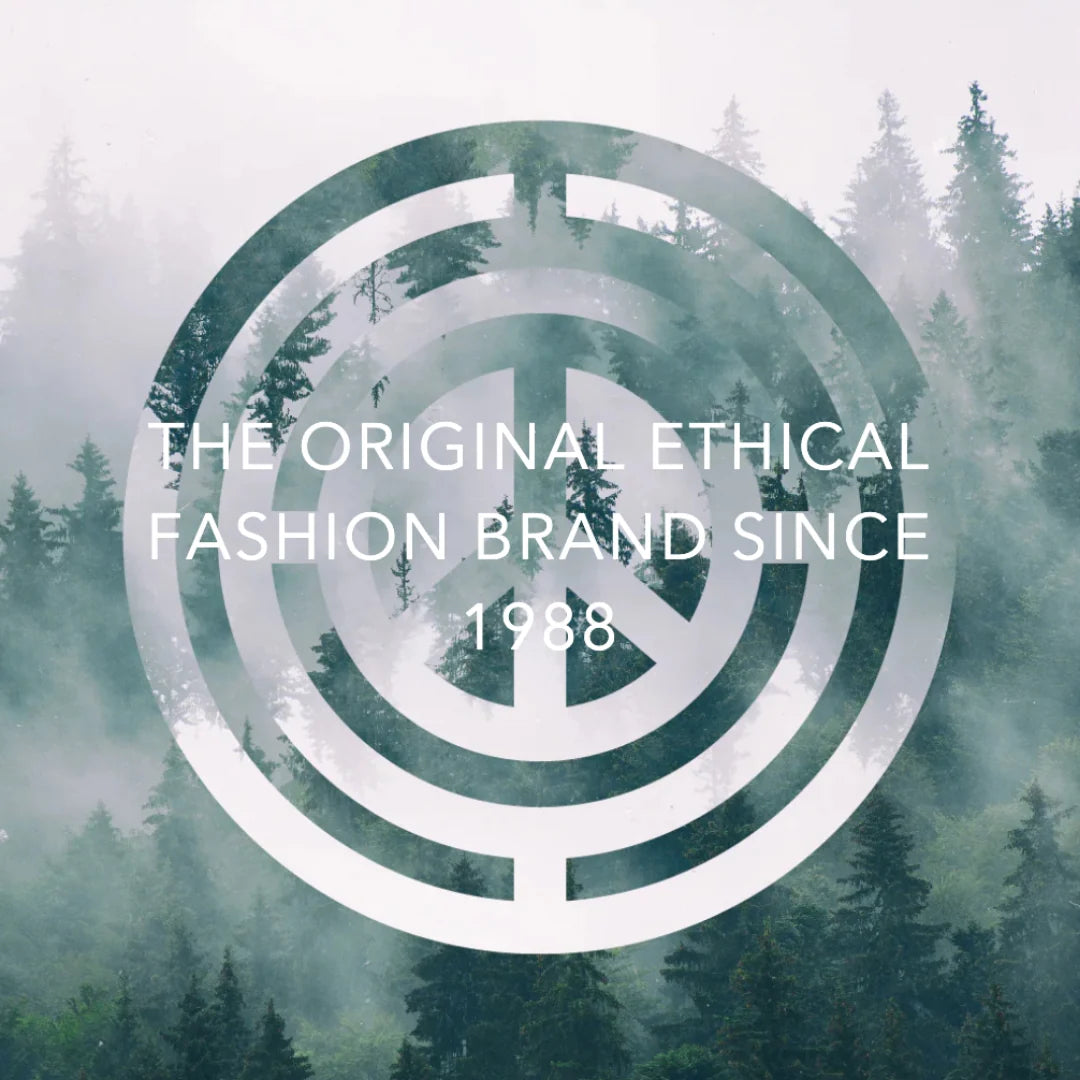
The future of our planet is something that we are all accountable for. Komodo have been committed to creating eco friendly fashion since 1988.
They use premium quality organic, natural and eco fibres, breaking new ground with innovative fabrics such as green PU coating.
They no longer have single use plastic in their supply chain.
Komodo is GOTS certified and a member of the Soil Association.
The majority of factories they use hold certifications like SA800 and GOTS or are independently audited by respected bodies (such as UL).
Their concern for their manufacturing partners is that they try to reduce waste and recycle as much as possible. However, when waste unavoidably arises as a by-product of the production process, Komodo ensure their factories dispose of it in clean, safe and environmentally friendly way. All factories sell their scrap waste to recycling units. Every factory does its best to conserve energy and run efficiently.
They are proud that after a few years of discussions, their main Nepali knit factory has now switched to solar power!
*
In addition, they give 1% of all their profits to 1% for the Planet.
1% for the Planet was founded to prevent greenwashing, certify reputable giving and provide accountability. The 1% for the Planet certification is given to businesses and individuals that meet their high-bar commitment & donate 1% of annual sales or salary to environmental causes.
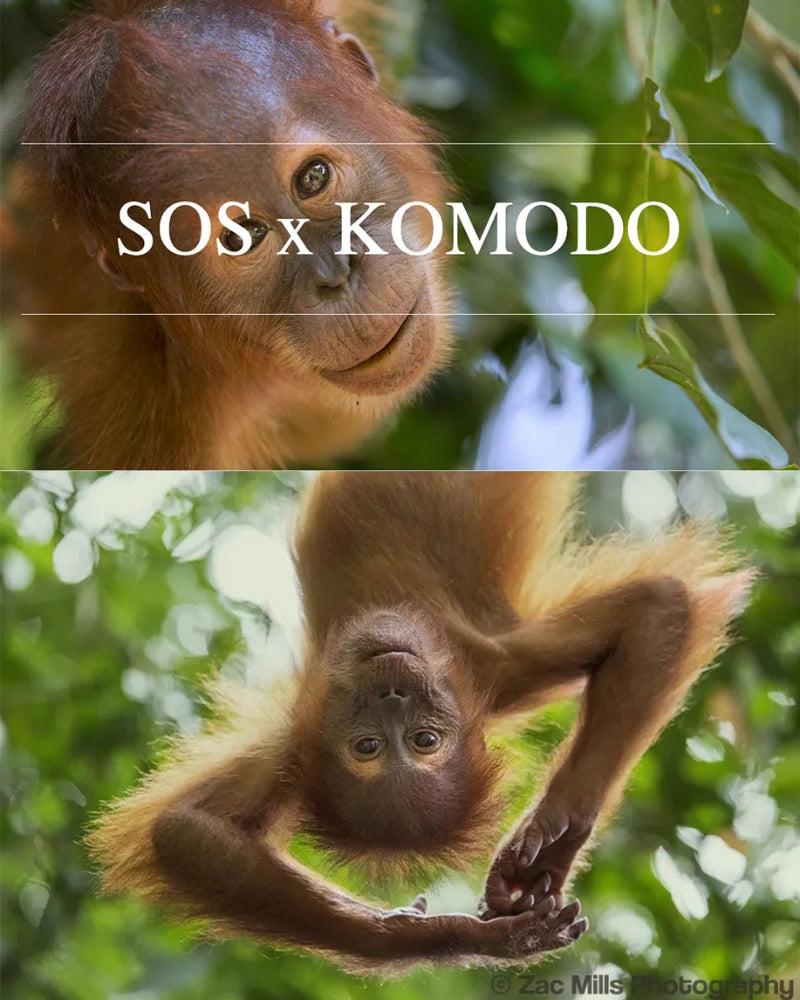
Komodo work with the SOS Charity (Sumatran Orangutan Society), whose mission is to protect orangutans, their forests and their future. SOS work closely with partners and forest-edge communities in Sumatra to ensure that orangutans have a safe future in the wild. Their work ranges from tree planting to sustainable livelihood projects.
Komodo has been a faithful friend to SOS for nearly two decades, supporting them with everything from education in the early days to tree-planting in the present. They have planted over 2 million trees to restore degraded land for orangutans and other wildlife.
Komodo have always believed that giving back is a crucial part of what they do. From the very beginning, their founder Mark Bloom has focused on helping people whenever and wherever they can as a company. They are very proud of their long-standing friendship with SOS and hope it continues for many years to come.
*
Most of Komodo's products are vegan and ALL are cruelty free.
Komodo wool is 100% pure and is sourced from countries that do not practice mulesing. Their wool is not currently certified organic. This is something they are working on and hope to have in production in the very near future.